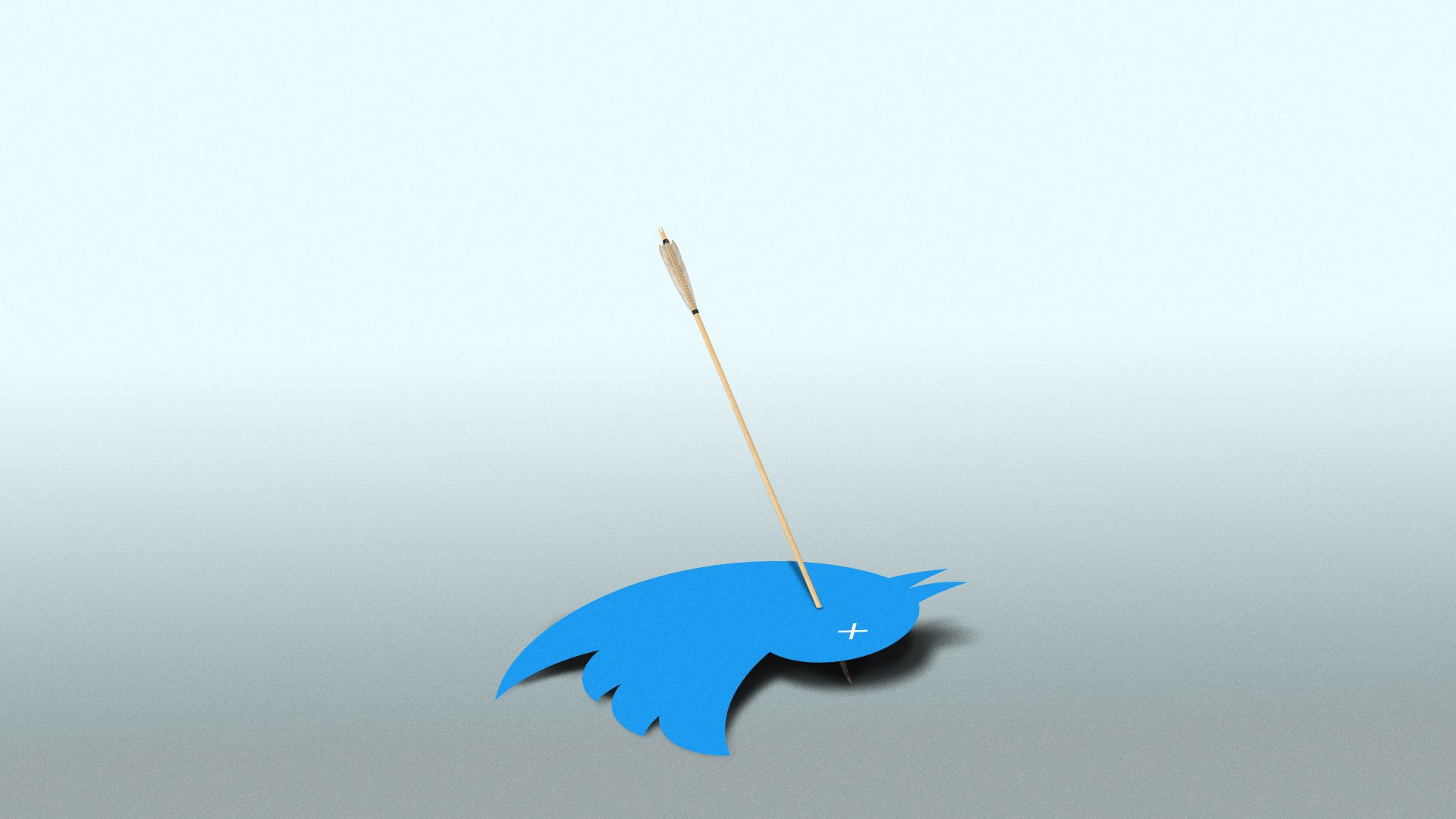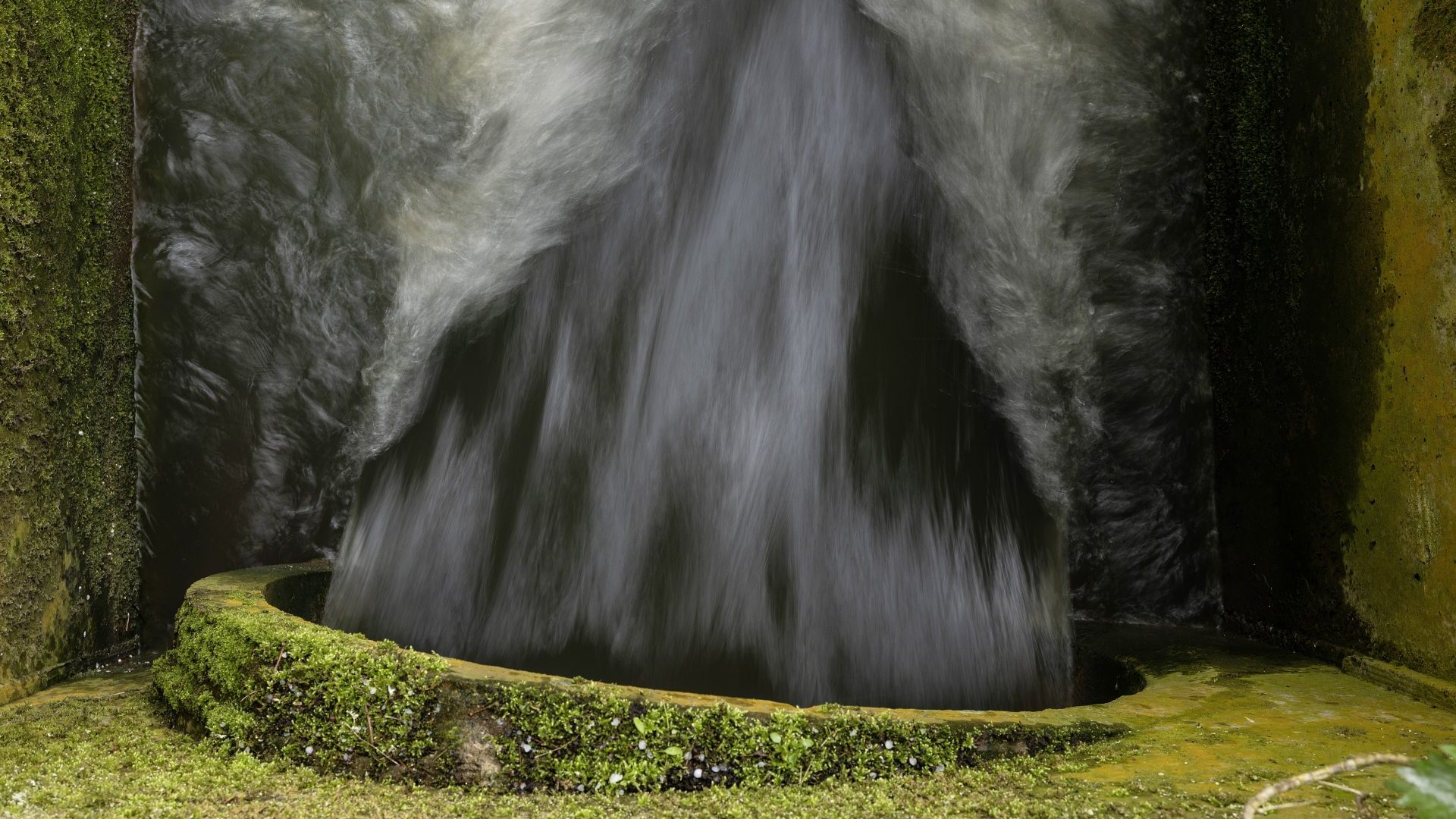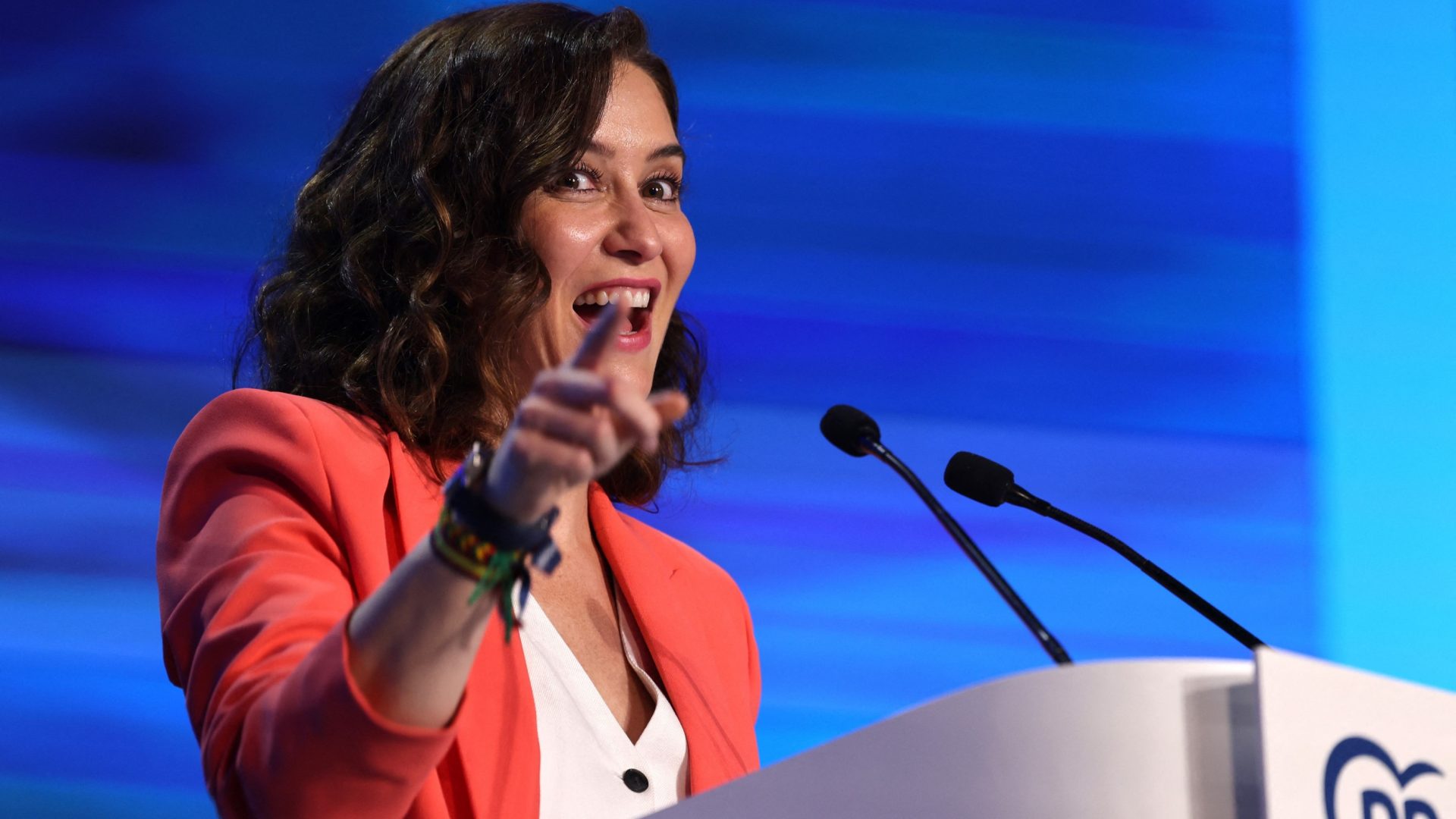Twitter is in a death spiral which gets more difficult to escape with each passing day. Its decline and fall might hearten those who dislike Elon Musk, or who curse its addictiveness, but it has serious implications as we head into a crucial election cycle.
Musk’s rather confused narrative about his purchase of the world’s real-time social network is that he took over a doomed basket case when he bought it for $44bn, and he would have to take drastic action to save it.
The reality is different. Twitter was a chaotically managed company that was under-performing, but it was generating $5bn of revenue per year, and coming close to breaking even.
The overwhelming majority of this revenue was from advertising, but according to Musk’s thesis that revenue stream was garbage. He would deprioritise ads, reduce moderation, and boost the posts of people who would pay $8 a month for a blue tick.
The results have been catastrophic. Twitter has not immediately imploded, but at this stage it is indisputable that the experience has markedly degraded, as a direct consequence of Musk’s incoherent decision-making.
Showing ads to users relies on them being on your platform and spending a good amount of time there. The way to ensure people do that is to show them the content they want to see – given Twitter is often an anger-generating machine, “enjoy” might be too strong a word here.
Old Twitter did that: there was a curated timeline of well-liked tweets, a chronological timeline, and the display of replies was weighted by how many people had liked a given response. Browsing the replies to a viral meme would regularly show up lots of riffs on the theme, and be a worthwhile use of time.
Prioritising blue tick content has broken all of these. Most Twitter users barely tweet and don’t care about followers – a “heavy user” tweets on average less than three times a week. So if someone is posting regularly enough to be willing to pay $8 a month for a blue tick, but has not built up a sizeable following organically, this is a very strong signal that the posts they are producing are no good.
It is exactly that content that Twitter’s new model relies on promoting – and those newly-minted blue ticks are quickly learning that there is no magic behind the checkmarks. New followers are not magically heading their way. The problem wasn’t a biased liberal algorithm, it was that their tweets are no good.
That means lots of blue ticks stop paying – but everyone else is forced to read the low-quality content that the remaining blue ticks produce. This is what is powering the enshittification of Twitter.
There is less good content in the feed, which means there are fewer prompts for the creation of good content. There is less reason to spend time there, so there are fewer user-hours per month, meaning there is a need to increase the density of adverts.
Because many brands don’t want to risk associating themselves with the new under-moderated content on Twitter, the adverts themselves are worse – often for dodgy drop-shipping companies – meaning that being barraged with them makes the experience worse still.
Musk has acknowledged, tacitly, that his initial idea that Twitter didn’t have to rely on adverts was wrong, with his choice of hire as the company’s new CEO, ad exec Linda Yaccarino.
The problem is that she seems determined to make Twitter even worse still: her flagship day one policy is for Twitter to have auto-playing, full-screen, audio-on adverts that play as you pass them in the feed. Both Musk and Yaccarin seem to have forgotten that people can close Twitter at any moment if the app annoys them. No one is forced to tweet.
All of these problems would be enough to kill a company. But Twitter has many further issues. The company is under what is known as a “consent decree” in the US, an agreement with regulators that it will act in certain ways to make sure new features and policy changes won’t violate users’ privacy.
The penalties of violating such a decree can be absolutely immense – potentially in the hundreds of millions of dollars. Musk appears to be dealing with the consent decree by ignoring it. On top of this, Musk loaded Twitter with debt when he bought it, requiring the company to generate $1bn in cash a year just to service the interest, but revenue has collapsed.
Twitter has a very real chance of going bankrupt in the next 12 months, with no obvious path to escaping it. In a way, that might be the company’s best hope – it is probably the only way it will escape its current owner, to be bought out at a bargain-basement price by someone else.
But before that, Musk has done the opposite of everything he promised with the site. Most users will notice that they get more annoyance from bots than they had before, abuse and hate speech is more widespread, and misinformation spreads much more easily without the site’s curation team watching for it and tackling it. Twitter is even more compliant with censorship and user data requests from dictatorships than it ever was before.
Most users have not abandoned Twitter as it collapses. Mastodon gets mentioned much less than it did a few months ago, and while an invitation to Bluesky, backed by Twitter founder Jack Dorsey, was the hot ticket six weeks ago, most people seem to have shut up about it again by now. Twitter is still the best approximation of Twitter.
That makes its death spiral dangerous. It is much easier to run an influence operation to push false narratives or intervene in an election than it used to be – with a mixture of paid blue ticks and lower-cost non-ticked accounts. There are major elections in the UK, EU and USA next year. There are no adults left at Twitter to safeguard their integrity.
Twitter’s chaos has consequences – but it’s not Elon Musk who’ll feel them. It is, alas, all of us.




